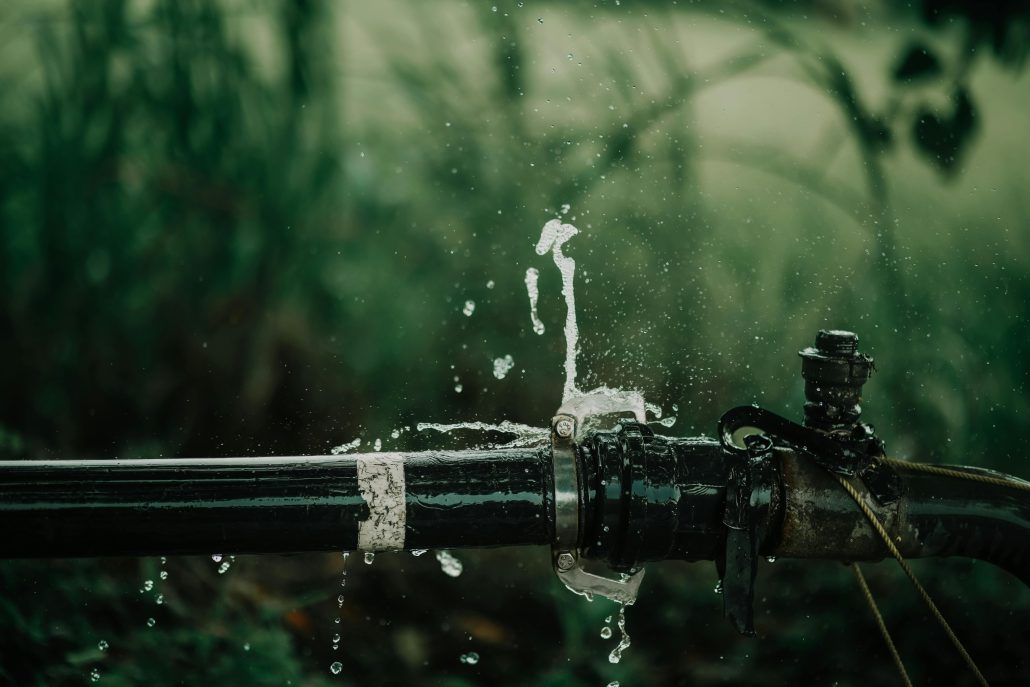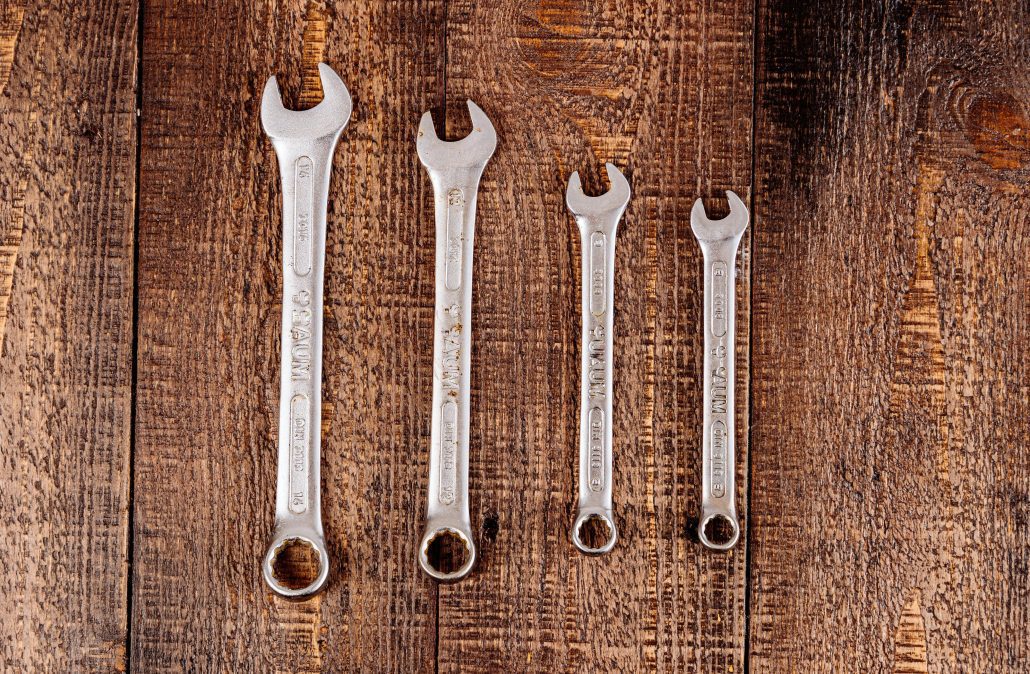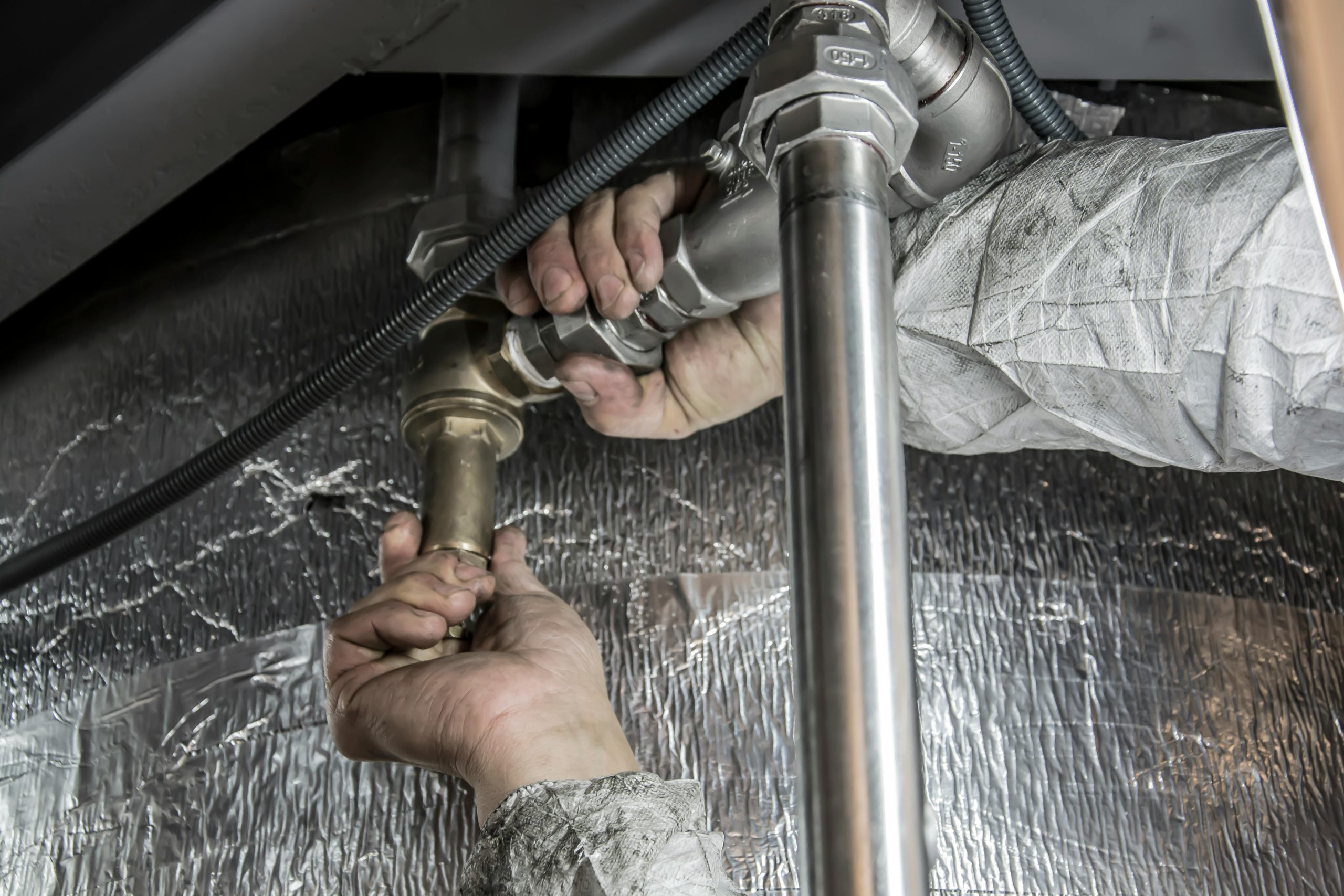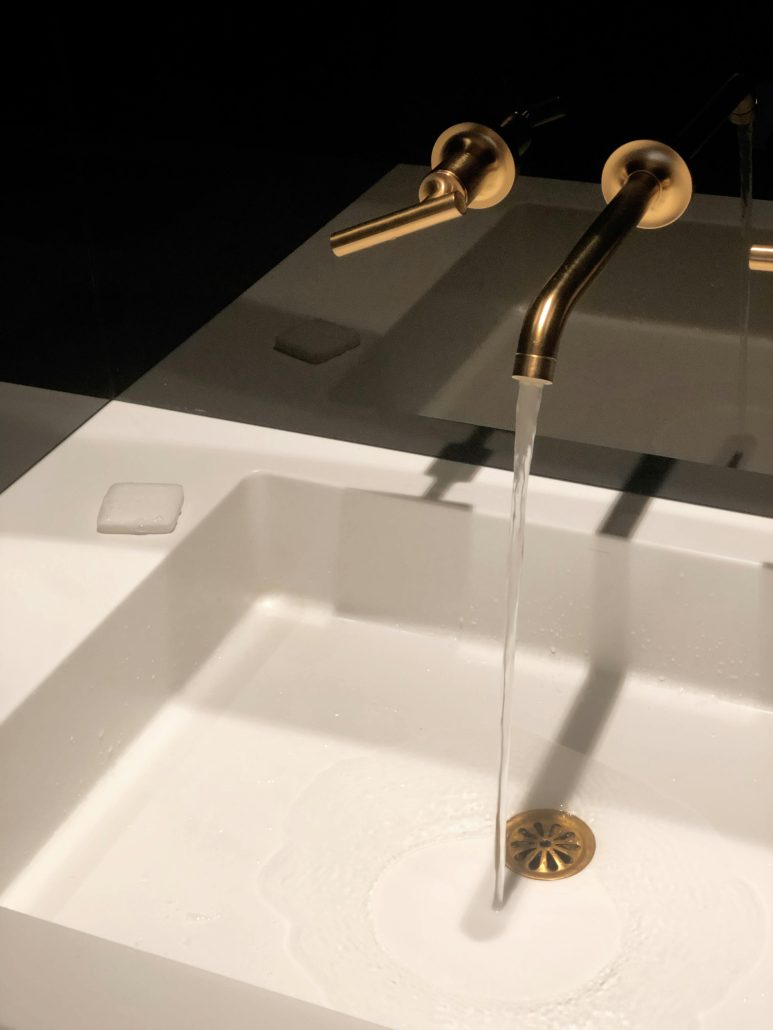Plumbing leaks can be a homeowner’s worst nightmare, causing water damage, mold growth, and higher utility bills. While visible leaks are easy to spot, hidden leaks can be much trickier to identify and address. Knowing how to find the source of a plumbing leak is crucial to preventing further damage and saving money. This guide will walk you through the process of identifying leaks, common culprits, and when to call in the professionals.
Common Signs of a Plumbing Leak
The first step in finding the source of a leak is recognizing the warning signs. Unusually high water bills are often the first indicator of a hidden plumbing issue. If your water usage hasn’t changed but your bill has spiked, you may have a leak somewhere in your system. Discolored or stained walls and ceilings can also indicate water damage from a slow or hidden leak. Look for yellow, brown, or gray spots on drywall or paint that bubbles or peels.
Another sign to watch for is musty odors. Persistent dampness caused by a leak can promote mold and mildew growth, leading to unpleasant smells in your home. Low water pressure, particularly in one part of the house, can point to a localized pipe issue, while the sound of running water when all fixtures are off is a telltale sign of a hidden leak.
If you notice any of these symptoms, it’s essential to act quickly. Even minor leaks can cause significant damage over time, so identifying the source is a priority.

How to Find the Source of a Plumbing Leak
Once you’ve identified the signs of a leak, it’s time to pinpoint its source. Start by inspecting all visible plumbing fixtures for signs of water. Check under sinks, around toilets, and near appliances like dishwashers and washing machines. Pay attention to areas with puddles, corrosion, or condensation.
If the leak isn’t immediately visible, check your water meter. Turn off all faucets and water-using appliances, then observe the meter. If it continues to move, there’s a leak somewhere in your system. To narrow it down, turn off the main valve and check the meter again. If the movement stops, the leak is inside the house; if not, it’s in the outdoor plumbing.
For leaks in walls or ceilings, look for water stains or damp areas. Press gently on drywall to feel for soft spots, which may indicate moisture buildup. Outdoor leaks often manifest as soggy patches in your yard or an unusually lush area of grass, indicating a broken underground pipe.
Tools like moisture detectors and infrared cameras can help identify hidden leaks without causing further damage. These devices can detect water accumulation behind walls or under floors, making them invaluable for more challenging cases.
Common Causes of Plumbing Leaks
Understanding what causes plumbing leaks can help you address them effectively. Corroded pipes are one of the most common culprits, especially in older homes with outdated materials like galvanized steel. Over time, corrosion weakens the pipe walls, leading to cracks and leaks. Clogs in the plumbing system can also cause leaks by increasing water pressure inside the pipes, forcing water out through weak points.
Temperature changes can lead to pipe bursts. In colder climates, water can freeze inside the pipes, expanding and causing them to rupture. Improperly installed pipes or joints can also lead to leaks, as can worn-out components like washers, seals, or gaskets in fixtures.
By understanding these causes, you can take preventative measures, such as regular maintenance, to extend the life of your plumbing system.
How to Fix Minor Plumbing Leaks
For small, accessible leaks, there are several DIY fixes that can temporarily stop the problem until professional help arrives. For instance, pipe clamps and epoxy putty can seal small holes or cracks in pipes. Plumber’s tape is another quick fix for loose connections. For minor faucet leaks, replacing the washer or O-ring is often sufficient.
However, it’s important to remember that these solutions are temporary. While they can prevent immediate damage, the underlying issue may require a more permanent repair. DIY fixes are best suited for minor leaks in visible areas. For more complex issues, such as leaks in walls or underground, professional expertise is essential.

When to Call a Professional Plumber
Some leaks are too complex or severe to handle on your own. If you suspect a leak but can’t find its source, it’s time to call a professional plumber. Hidden leaks in walls, ceilings, or underground pipes require specialized equipment and expertise to locate and repair.
Professional plumbers can use advanced tools like electronic leak detection devices, infrared imaging, and acoustic sensors to identify the source of a leak with precision. They can also assess the overall condition of your plumbing system, ensuring there are no other hidden issues waiting to cause trouble.
Super Service Plumbing offers expert leak detection and repair services in Santa Rosa and Sonoma County. Our team has the experience and equipment to locate even the most elusive leaks and repair them efficiently, minimizing damage to your home.
Preventing Future Plumbing Leaks
Preventative maintenance is the best way to avoid plumbing leaks and protect your home. Schedule regular plumbing inspections to identify and address minor issues before they escalate. Insulating pipes can prevent freezing in colder months, while installing a water pressure regulator can protect your system from high pressure.
Replacing outdated pipes and fixtures is another effective preventative measure. According to the American Society of Home Inspectors (ASHI), upgrading to modern materials like PEX or copper can significantly reduce the likelihood of leaks.
Regularly checking your water meter and inspecting your plumbing fixtures can also help you catch leaks early. Simple habits like keeping drains clear of debris and avoiding chemical drain cleaners can extend the life of your pipes and fixtures.
Finding the source of a plumbing leak is essential to minimizing damage and preventing costly repairs. By recognizing the signs of a leak, using effective detection methods, and addressing the root cause, you can protect your home from further damage. For complex or hidden leaks, professional plumbers like Super Service Plumbing have the tools and expertise to resolve the issue quickly and efficiently. If you suspect a plumbing leak in Santa Rosa or Sonoma County, call Super Service Plumbing at 707-544-6444 today. Don’t wait—early intervention is key to preserving your home’s plumbing system.












